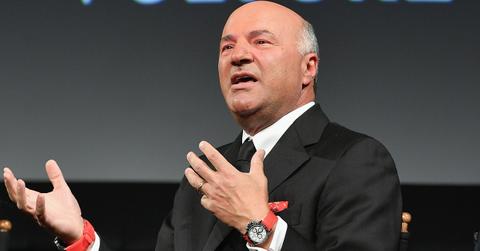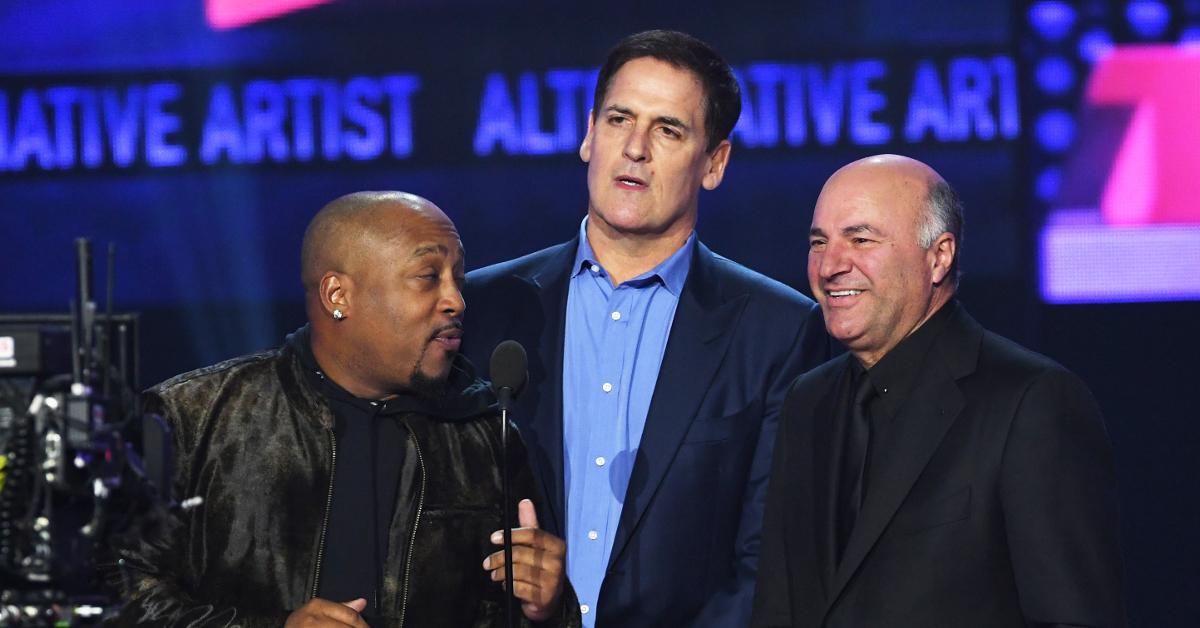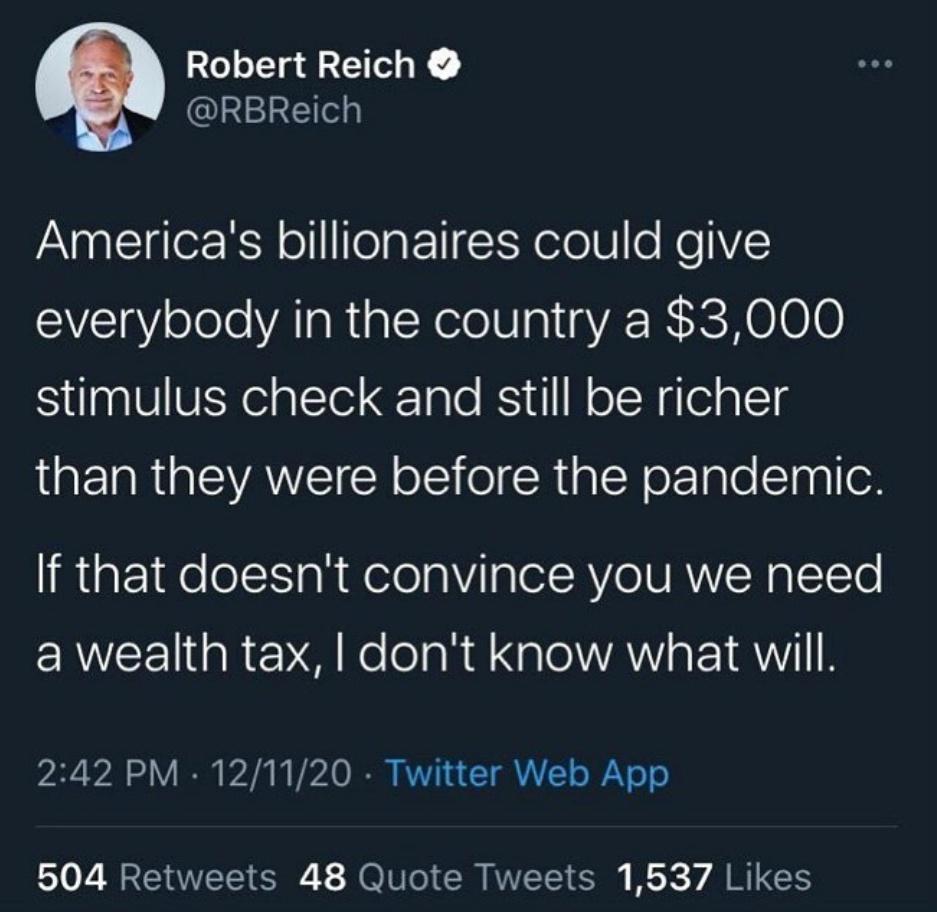'Shark Tank' Star Kevin O'Leary: Americans Should Get $2,000 per Month Stimulus
Updated Jan. 6 2021, 11:19 a.m. ET

The $900 billion COVID-19 stimulus package was recently approved by Congress, with only $198 billion of that going to citizens in dire need of those funds and the rest being funneled to major corporations. Americans who are on unemployment received an additional $300 a week on top of their regularly scheduled benefits, with 1099 employees getting an additional $100 on top of that for 11 weeks.
This is all in addition to the standard $600 that the US government gave to its qualifying citizens, ever since the first round of $1,200 checks that were doled out back in Spring of 2020.
The problem is, many Americans are arguing, is that this is not nearly enough money, especially considering that only 22% of the bill are actually going to US citizens who qualify for said payments.
On top of all this, there are many people who are absolutely flabbergasted that Senator Mitch McConnell is holding up Congress' vote on increasing personal payouts to $2,000, with leaders turning the ire into a hot-button political issue as well. Both Donald Trump and Bernie Sanders worked together to try and convince McConnell to allow Congress to vote on the bill's approval.
Joe Biden has even promised the state of Georgia that if they "vote blue" then the $2,000 checks will go "out the door" immediately. But the sad reality is that even $2k is a woefully small amount compared to the economic destruction that has been levied on so many industries during the COVID-19 pandemic. As a result, tons of people have had their entire lives completely uprooted and overturned.
At the height of the pandemic in the Spring, when Americans were first told that restrictions would last about 2 months, $1,200 stimulus checks were awarded. It's now January of 2021 and we're nearing a year of COVID-induced sanctions all over the world, and just now some Americans have been receiving additional $600 checks.
The amounts proposed by Congress to citizens in need are being lambasted by both economists and "cutthroat" business people, like Kevin O'Leary of Shark Tank fame.

The mogul has an estimated $400 million net worth and is known to make some pretty hard-lined negotiations with the folks who present their ideas to the "board" in the long-running series.
Even though the package extends facets of the CARES act to ensure qualifying Americans can keep receiving unemployment benefits, O'Leary believes Congress went about distributing funds the wrong way.
"I would have preferred that Congress took the money and gave it all directly to individuals that are in dire straits due to extended unemployment as a result of the pandemic," O'Leary said. "If you became unemployed after March and are still unemployed, you get $2,000 per month for the next 12 months or until you find work."
But it's not just O'Leary who believes that the amount awarded to Americans is not enough.
Senior researcher and policy analyst for social insurance at the National Employment Law Project, Michele Evermore stated that "The relief passed was far too little. Frankly – and not just because I am a UI expert – I think if something should be increased, it should be the weeks and amount of UI (unemployment insurance)."
Evermore continued stating that awarding this money to those who are in most dire need of it is basic economics because they will then immediately need to spend those funds, "Money going to people who otherwise would have no income isn’t just addressing the most urgent need, it goes to the people with the highest propensity to spend it.”
She also pointed out that the amount O'Leary suggested isn't an out-of-this-world figure as we've already greenlit it months prior: "$2,000 a month is basically what the Federal Pandemic Unemployment Compensation was. I of course am all for that." She is referring to the $600 a week boost to the state's unemployment insurance for workers.
Evermore also added that it's not just wholly unemployed individuals who are hurting from the pandemic — that there are other people who've lost out on tremendous income potential opportunities as a result of the pandemic. "There are a lot of people who aren’t technically unemployed who don’t have work and who are pretty desperate...so we need options to make sure that everybody who is out of work or unable to work, through no fault of their own, can keep themselves afloat. We need a wide array of options here."
Former United States Secretary of Labor and economic advisor Robert Reich has stated that a wealth tax during the pandemic is quite possibly the easiest solution to alleviate some of the financial woes and highlighted a staggering statistic to show just how many of the world's most successful businesses managed to earn even more money during the pandemic.
